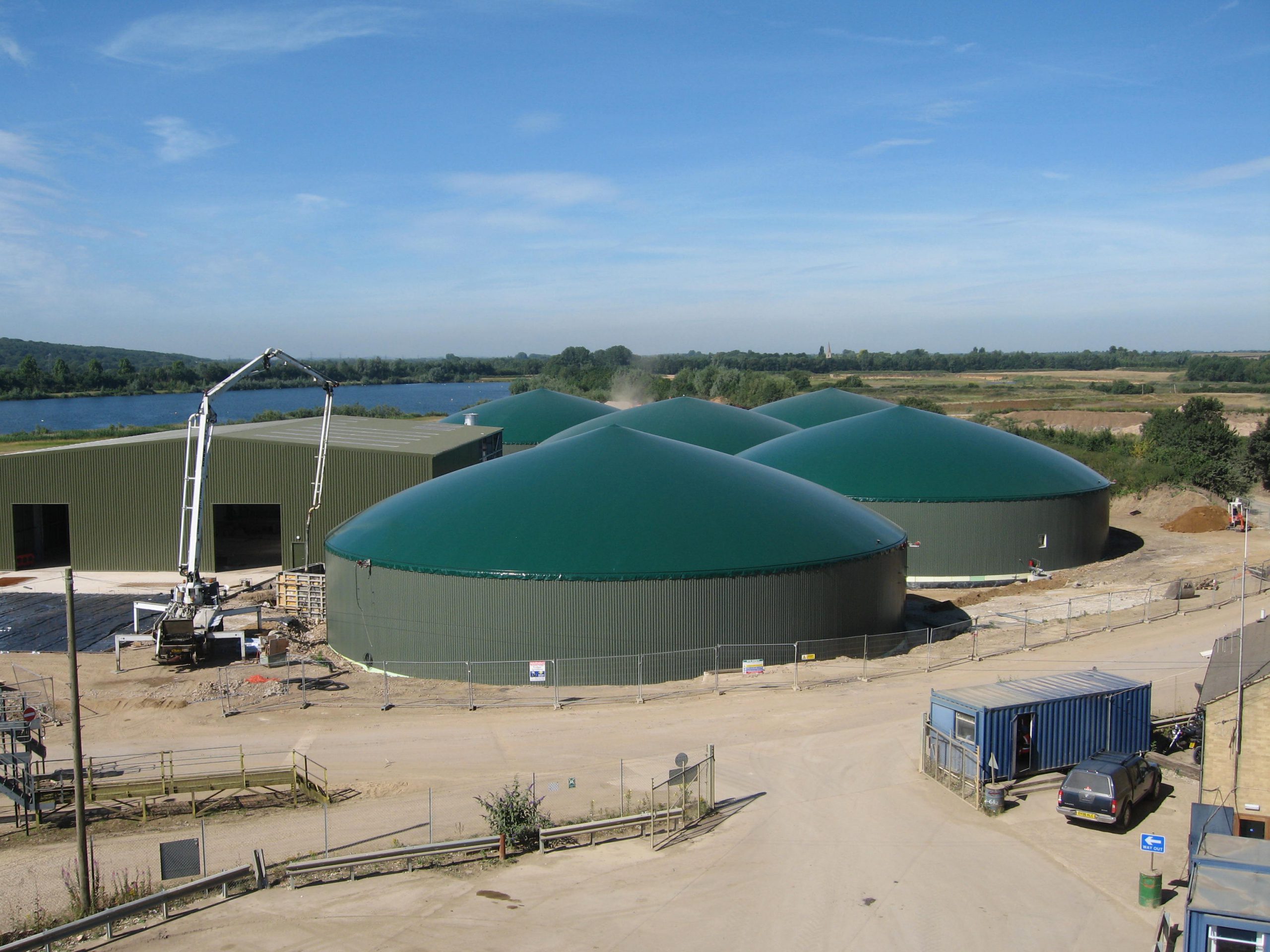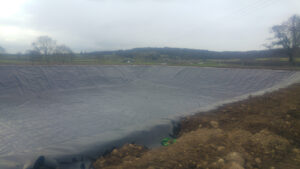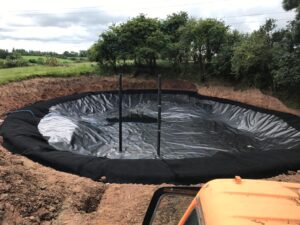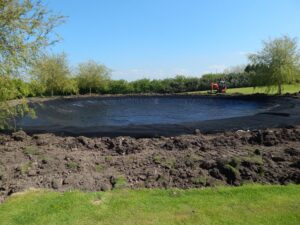Anaerobic digestate storage in concrete tanks, coupled with effective structural waterproofing, plays a vital role in managing organic waste and harnessing renewable energy. These storage systems and waterproofing methods ensure safe containment of digestate—a byproduct of anaerobic digestion—and prevent leaks or contamination.
Anaerobic Digestate Storage in Concrete Tanks:
Anaerobic digestion is a process that breaks down organic matter, producing biogas and digestate. The latter, a nutrient-rich liquid, requires proper storage to harness its potential as an organic fertiliser.
Benefits of Concrete Tanks:
Concrete tanks provide a sturdy and durable solution for storing digestate. Their robustness allows for large-capacity storage and ensures the containment of the liquid, preventing seepage or leakage.
Structural Waterproofing Importance:
Structural waterproofing involves techniques to prevent water ingress or leakage into concrete structures. For anaerobic digestate storage tanks, waterproofing is crucial to maintain the integrity of the structure and prevent environmental contamination.
Waterproofing Methods:
Various waterproofing methods are employed, such as applying specialised coatings, membranes, or sealants to the concrete tank surfaces. These methods create a barrier that prevents the escape of digestate and protects the concrete from corrosion.
Preventing Leaks and Contamination:
Effective waterproofing ensures that the stored digestate remains contained within the tank, preventing leaks that could contaminate surrounding soil, groundwater, or nearby water bodies.
Durability and Longevity:
Properly waterproofed concrete tanks exhibit enhanced durability, withstanding the corrosive nature of digestate and environmental conditions, thereby extending their service life.
Environmental Impact:
The secure containment of digestate through waterproofed concrete tanks prevents potential pollution, contributing to environmental conservation by safeguarding water resources and soil quality.
Optimised Agricultural Use:
Stored digestate, when used as an organic fertiliser, enriches soil fertility. The effective containment and controlled application of digestate from these tanks contribute to sustainable agriculture practices.
Ease of Maintenance:
Well-maintained waterproofing systems require minimal upkeep, reducing maintenance costs and ensuring the continued integrity of the storage tank.
Regulatory Compliance:
Waterproofed concrete tanks meet regulatory standards for waste management, ensuring compliance with environmental regulations and minimising the risk of penalties or environmental hazards.
Renewable Energy Production:
Anaerobic digestion not only produces digestate but also generates biogas, a renewable energy source. Proper storage of digestate supports the sustainable utilisation of biogas as an eco-friendly energy alternative.
Community Benefits:
Effective anaerobic digestate storage in waterproofed concrete tanks promotes a safer and healthier environment for surrounding communities by preventing potential contamination incidents. In conclusion, anaerobic digestate storage in concrete tanks with structural waterproofing is crucial for containing and managing organic waste effectively. The combination of sturdy storage solutions and effective waterproofing techniques not only ensures the safe containment of digestate but also contributes to environmental protection, sustainable agriculture, and renewable energy production.
To find out more about our products and services and how we can help you, please contact us using the below –
Tel: 01695 228626
Email: enquiries@enviroseal.co.uk





